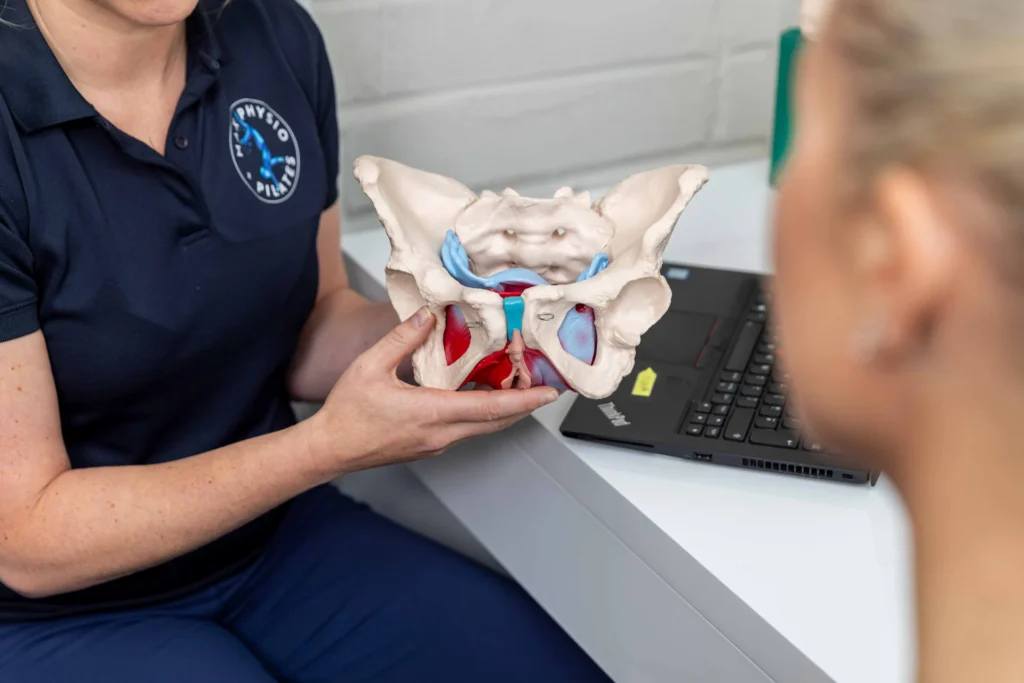Painful intercourse, or dyspareunia, can result from physical, emotional, or hormonal factors. Physiotherapy addresses physical causes to alleviate pain and improve quality of life.
Common Causes of Dyspareunia
- Pelvic Floor Dysfunction: Overactive or tight pelvic muscles.
- Hormonal Changes: Vaginal dryness or atrophy due to menopause or postpartum.
- Scarring or Trauma: From childbirth, surgeries, or injuries.
- Medical Conditions: Endometriosis, pelvic inflammatory disease, or irritable bowel syndrome (IBS).
Physiotherapy for Painful Intercourse
- Pelvic Floor Relaxation Techniques:
- Focuses on reducing muscle tension through breathing exercises, manual therapy, and stretches.
- Trigger Point Release:
- Direct treatment of muscle knots or tight areas causing pain.
- Vaginal Dilator Therapy:
- Gradual desensitization to reduce pain and improve tolerance.
- Education on Body Mechanics:
- Guidance on positions and movements that minimize discomfort during intimacy.
- Scar Tissue Mobilization:
- Techniques to improve mobility and reduce pain in areas affected by scarring.
- Coordination Exercises:
- Helps retrain the pelvic floor to work in sync with the rest of the body.
